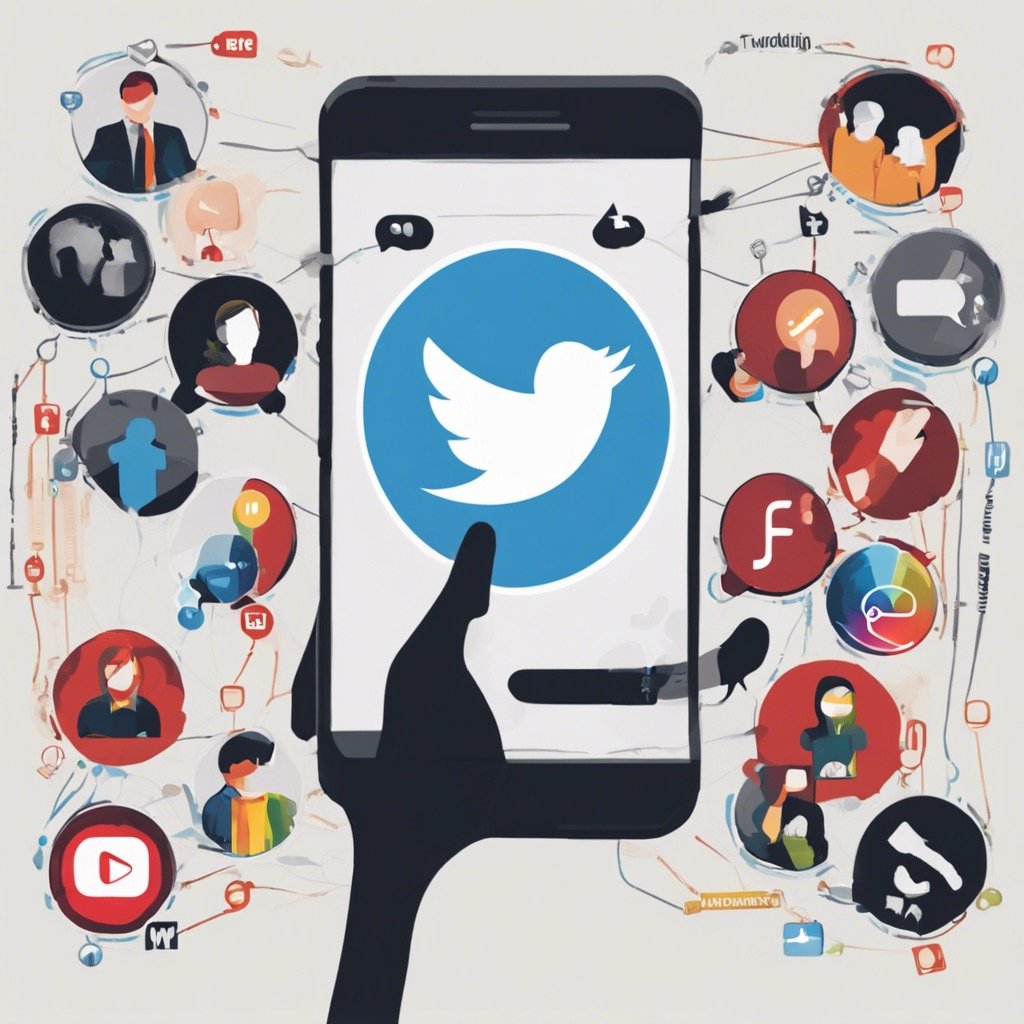
How does social media influence public opinion on political matters?
Social media plays a significant role in shaping public opinion on political matters through various mechanisms. Here are some of the key ways in which social media influences political discourse and public perceptions:
### 1. **Information Dissemination**
– **Rapid Spread of Information**: Social media enables the quick sharing of news and information, allowing political developments to reach a wide audience almost instantaneously.
– **Diverse Perspectives**: Users can access a variety of viewpoints and analyses, which can broaden their understanding of political issues and encourage critical thinking.
### 2. **Engagement and Interaction**
– **Direct Communication**: Politicians and public figures can communicate directly with citizens, bypassing traditional media gatekeepers. This direct engagement can foster a sense of connection and accountability.
– **Public Dialogue**: Social media platforms facilitate discussions and debates among users, allowing for the exchange of ideas and opinions on political matters.
### 3. **Mobilisation and Activism**
– **Grassroots Organising**: Social media is a powerful tool for organising protests, rallies, and political campaigns. It allows activists to mobilise support quickly and efficiently.
– **Awareness Campaigns**: Social media campaigns can raise awareness about social and political issues, galvanising public support and prompting action.
### 4. **Echo Chambers and Polarisation**
– **Algorithmic Filtering**: Social media platforms often use algorithms that promote content aligned with users’ existing beliefs, leading to echo chambers where individuals are exposed primarily to like-minded viewpoints.
– **Increased Polarisation**: This reinforcement of existing views can contribute to political polarisation, making compromise and dialogue more challenging.
### 5. **Influence of Misinformation**
– **Spread of Fake News**: The ease of sharing information on social media can lead to the rapid spread of misinformation and fake news, which can mislead the public and distort perceptions of political issues.
– **Manipulation of Public Opinion**: Misinformation campaigns, sometimes orchestrated by political actors, can influence public opinion and undermine trust in legitimate sources of information.
### 6. **Civic Participation**
– **Encouraging Political Engagement**: Social media can encourage individuals to engage in political discussions, participate in elections, and advocate for issues they care about.
– **Voter Mobilisation**: Campaigns on social media can effectively mobilise voters, especially younger demographics, by providing information on registration and voting logistics.
### 7. **Influencer Impact**
– **Role of Influencers**: Social media influencers and public figures can shape public opinion by promoting political messages or endorsing candidates, often reaching audiences that traditional politicians may not.
– **Cultural Relevance**: Influencers can frame political issues in culturally relevant ways, making them more relatable and engaging for their followers.
### 8. **Feedback Mechanisms**
– **Public Reactions**: Politicians and governments can gauge public sentiment through reactions, comments, and shares on social media, allowing them to adjust their strategies and policies accordingly.
– **Real-Time Polling**: Social media can act as an informal polling tool, providing insights into public opinion on various political matters in real time.
### 9. **Youth Engagement**
– **Engaging Younger Audiences**: Social media is particularly effective in reaching younger demographics who may be more disengaged from traditional political processes, encouraging them to become active participants in politics.
– **Civic Education**: Platforms can also serve as tools for civic education, helping young people understand political issues, processes, and the importance of their participation.
### 10. **Global Perspective**
– **Cross-Border Influence**: Social media connects individuals across borders, allowing for the exchange of ideas and experiences related to political matters, which can inspire movements and influence public opinion globally.
While social media has the potential to enhance political engagement and awareness, it also presents challenges, such as the spread of misinformation and polarisation. As such, fostering media literacy and critical thinking skills among users is essential to navigating the complexities of political discourse in the digital age.






